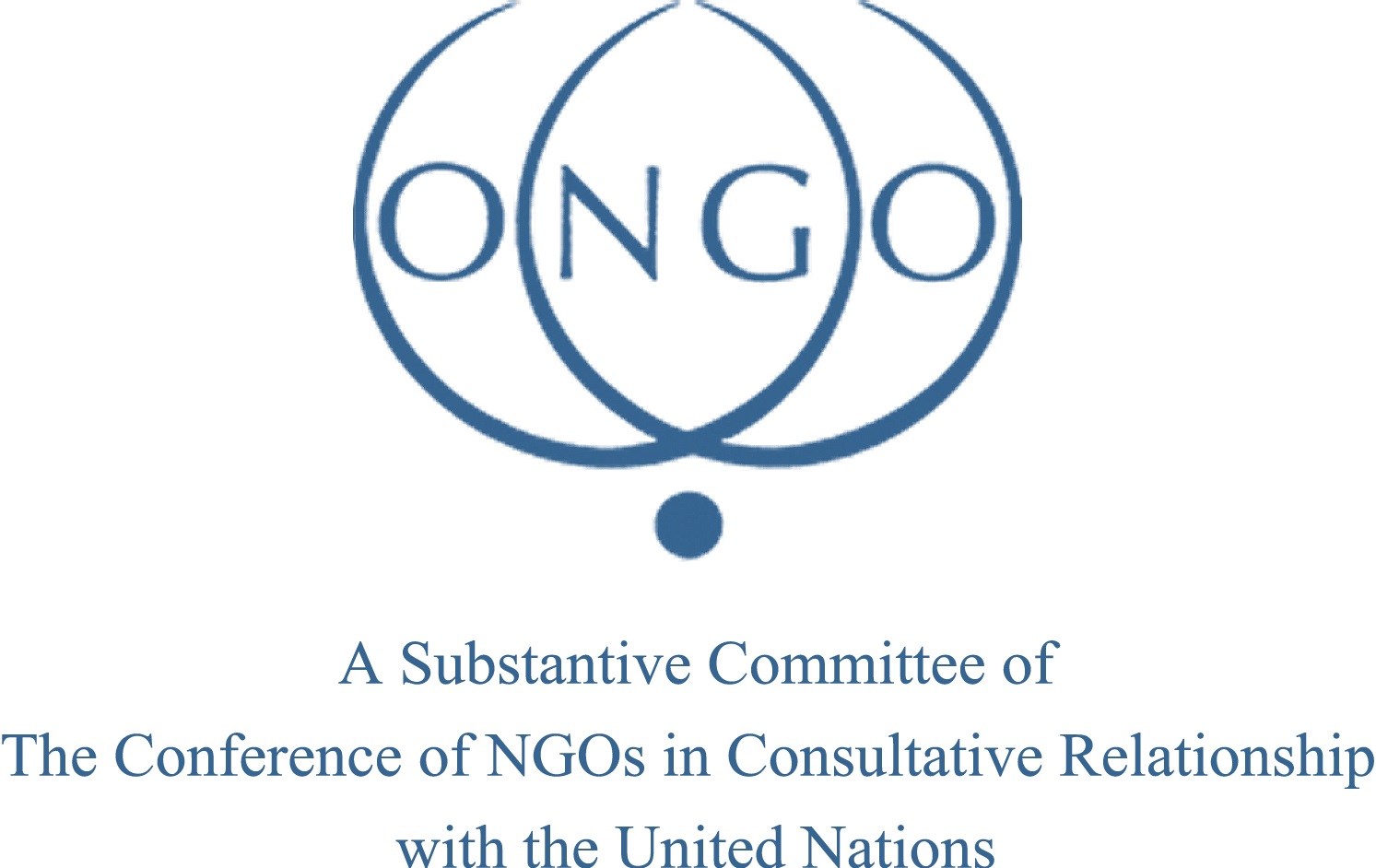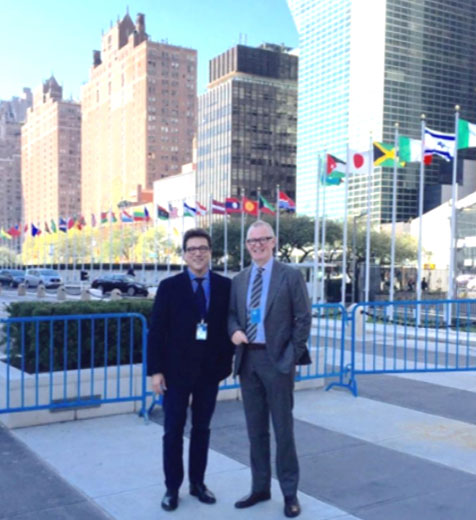Objectives
The NGO Committee for Rare Diseases is a multi-stakeholder, inclusive, global ecosystem focused on rare diseases, which aims:
- To increase visibility of rare diseases at the global level
- To extend and share knowledge about rare diseases and their unmet needs
- To connect NGOs interested in rare diseases and their partners within a global platform
- To promote international, multi-stakeholder collaboration and actions for rare diseases
- To align rare diseases as a global priority in public health, research and medical and social care policies
History

The NGO Committee for Rare Diseases is a substantive committee established under the umbrella of the Conference of NGOs in Consultative Relationship with the United Nations (CoNGO).
CoNGO has been the primary support platform for civil society since 1948, represented by a global community of informed, empowered and committed NGOs that fully participate with the UN in decision-making and programs leading to a better world, a world of economic and social justice.

The NGO Committee for Rare Diseases was initiated by the Ågrenska Foundation and EURORDIS – Rare Diseases Europe with a view to bringing greater political recognition of the challenges of rare diseases at the global level. Its formation was approved by a vote of 27 CoNGO member organisations in April 2014, and its inception meeting as a Substantive Committee within CoNGO took place in October 2015 in New York.
The formal inauguration of the Committee took place on the 11 November 2016 at the UN headquarters in New York, in cooperation with Rare Diseases International.
Executive Board
The Inception Executive Board was formed in the course of 2017. It is composed of a number of non-governmental organisations from the international public health and sustainable development scene with the role of representing and supporting the Committee. It is responsible for the supervision and decision making regarding the Committee’s on-going work, as well as the dissemination of necessary information to its members.
Regular and Associate Members of the Committee can nominate individuals from their organisations for a position on the Executive Board, and can vote on its formation. The standard term is three years.
